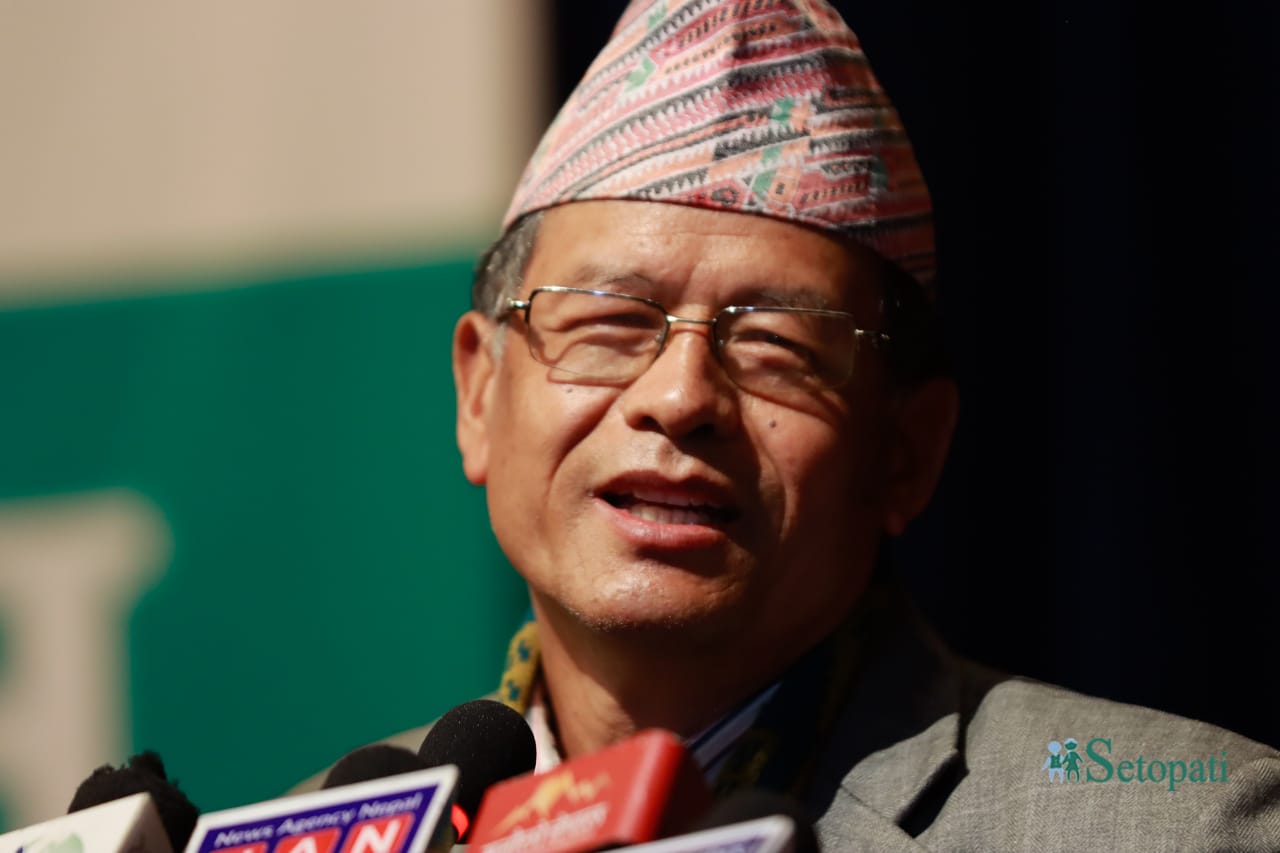The big parties are close to agreement on the Bill for the Amendment of the Investigation of Enforced Disappeared Persons, Truth and Reconciliation Commission Act.
The parties have agreed on two of the four issues they had failed to agree on. They have agreed to include cruel arbitrary killings as grave human rights violations The main opposition CPN-UML had demanded inclusion of the word intentional along with arbitrary in definition of grave human rights violations. Law Minister Dhan Raj Gurung has agreed to include the word.
The parties have also agreed on the issue of compensation for the families of conflict victims. The bill earlier had proposed reparation for the persons injured or rendered disabled. The parties have now agreed to add other persons directly or indirectly affected by the parties of armed conflict along with persons injured or rendered disabled. Law Minister Gurung has told the House committee that this provision will ensure reparations for those who were made victims merely because a family member was in the security agencies.
The parties have agreed on the two issues after Prime Minister (PM) Pushpa Kamal Dahal met separately with Nepali Congress (NC) President Sher Bahadur Deuba and CPN-UML Chairman KP Sharma Oli earlier on Sunday to discuss the issue of transitional justice.
Minister Gurung has sought time to address two more issues of differences.
The bill related to transitional justice is currently stuck in the Law, Justice and Human Rights Committee of the House.
The committee had formed a sub-committee on the issue but the sub-committee has not been able to forge consensus in lack of agreement among the top leaders of major parties.
The subcommittee had failed to agree mainly on four issues. The first related to what should be included as serious human rights violations—cruel arbitrary killings or all killings apart from those in armed confrontations.
The second issue was related to qualification for being counted as conflict affected persons. The third issue was about what to do if the victims do not give consent for reconciliation in incidents of human rights violations. The fourth was whether to keep provision to reduce sentence specifying the reasons and grounds, or fix a percentage for reduction in such sentence.
The government had presented the Bill for the Amendment of the Investigation of Enforced Disappeared Persons, Truth and Reconciliation Commission Act (2014) on March 19 drawing wide-spread criticism from human rights groups who claimed that the bill did not fully meet the country’s domestic law or international legal obligations and would not provide justice for victims if adopted in that form.
The groups pointed that both the Maoist armed group and government security forces committed serious human rights violations and violations of international humanitarian law amounting to crimes under international law during the armed conflict in Nepal from 1996 to 2006.
The government has classified human rights violations during the conflict period into two categories in the bill. The bill defines human rights violations as acts targeting unarmed persons or community during the armed conflict or planned actions, and includes murder, sexual violence, physical and mental torture, abduction, extrajudicial custody, thrashing, injuring organs or making disabled, capture and robbery, vandalism and arson of private or public properties, forcibly expelling from house and land, or displacement by any other means, and any act violating international human rights laws as human rights violations.
It similarly includes murder through cruel torture or in a cruel manner, rape, enforced disappearances and cruel or inhuman torture as grave human rights violations.
The current act related to Truth and Reconciliation Commission, and the Commission of Investigation on Enforced Disappeared Persons defines grave human rights violations as murder, abduction, rape and sexual violence, physical and mental torture, injuring organs or making disabled, capture and robbery, vandalism and arson of private properties, forcibly expelling from house and land, or displacement by any other means, or any act violating international human rights laws or crimes against humanity.
The government has classified human rights violations into two categories preparing to pardon human rights violations during the conflict period.
The bill states that the TRC will not recommend for clemency in grave violations of human rights which means it can recommend clemency in all the crimes defined as human rights violations that includes murder, sexual violence, physical and mental torture, abduction, extrajudicial custody, thrashing, injuring organs or making disabled, capture and robbery, vandalism and arson of private or public properties, forcibly expelling from house and land, or displacement by any other means, and any act violating international human rights laws.
Human rights activists and legal professionals have protested inclusion of even grave violations in human rights violations that can be recommended for pardon.

